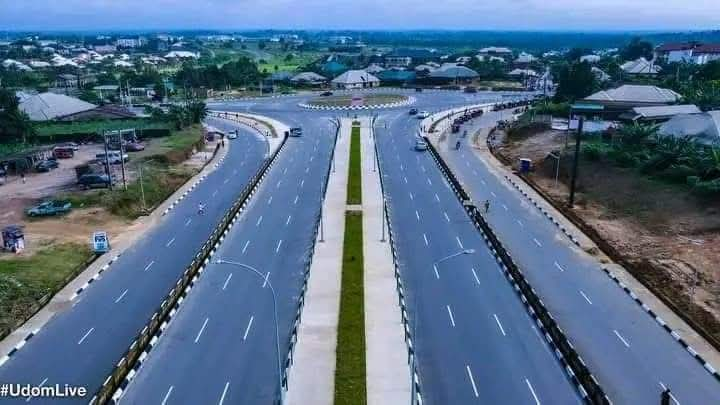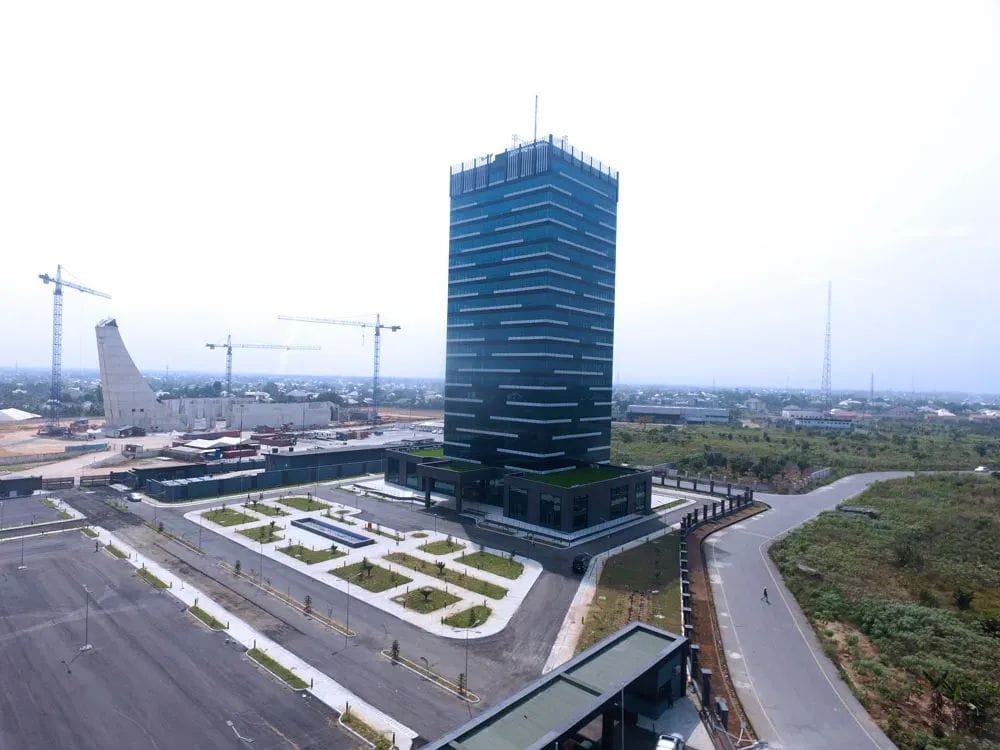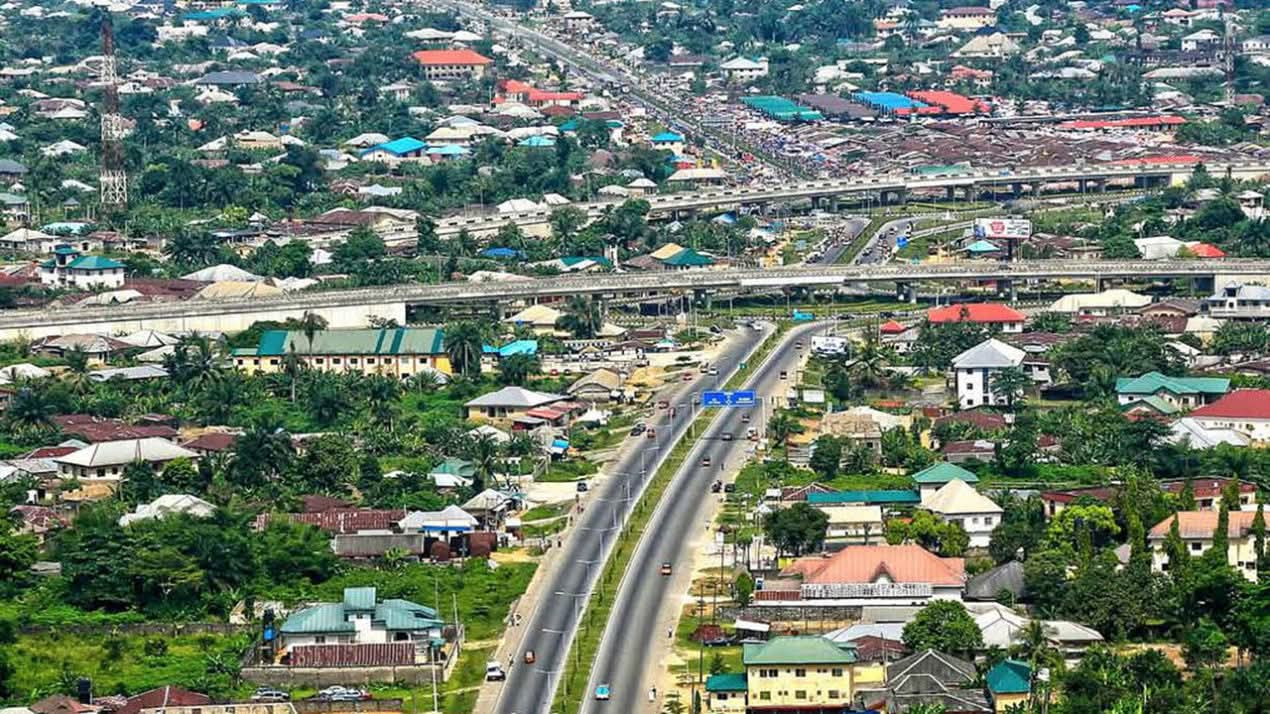Akwa Ibom State At 38: Journey, Achievements, Challenges And Future Prospects
DESTINY YOUNG

Introduction
Today marks the 38th anniversary of Akwa Ibom State, a state that has grown from its early beginnings into a significant player within Nigeria’s socio-economic landscape. Since its creation in 1987, Akwa Ibom has experienced remarkable development alongside notable challenges. As the state celebrates this milestone, it is pertinent to reflect on its journey, explore the gains made and the obstacles encountered, and consider the expectations that rest on the current administration to steer the state towards a prosperous future.
Historical Context and Early Development
Akwa Ibom was carved out from Cross River State and named after the Qua Iboe River. The state was established to serve as a homeland for the Ibibio, Anang, and Oron ethnic groups, among others, with the vision to harness its rich natural resources and promote state development. Initial years focused on basic infrastructure development, education expansion, and establishment of governmental institutions to lay the foundation for governance and public service delivery.
Despite limited resources, the state made notable strides in developing its road networks and public facilities, setting the stage for more extensive socio-economic activities. These foundational efforts were critical in positioning Akwa Ibom as one of the states with untapped potential in the Niger Delta.
Economic Gains and Resource Management
Akwa Ibom’s economy is predominantly driven by oil and gas, agriculture, and trade. The discovery of abundant crude oil reserves positioned the state as a critical contributor to Nigeria’s oil production and revenue generation. With this, Akwa Ibom has become one of the country’s highest earners in the oil sector, channeling funds into infrastructural projects and social services.
Agriculture remains a significant livelihood for many inhabitants, with efforts to revitalise farming through modern techniques and improved access to markets. The state government, recognising the need to diversify the economy beyond oil, has prioritised agricultural development, supporting farmers with inputs and training programmes.
Additionally, Akwa Ibom has invested in educational institutions and healthcare services. Universities, polytechnics, and specialized medical facilities have been established to enhance human capital development and improve wellbeing. These institutions have helped foster local talent and provided employment opportunities.

Challenges and Impediments
Despite its progress, Akwa Ibom has faced considerable development challenges. The over-dependence on oil revenue has left the state vulnerable to fluctuations in global oil prices, impacting budget planning and public works. This economic instability created constraints on long-term development projects and social programmes.
Infrastructure, though improved, remains inconsistent in areas such as rural electrification, road maintenance, and water supply. Certain communities still experience neglect, with poor access to essential services contributing to disparities in living standards.
Security issues linked to the Niger Delta, including militant activity and pipeline vandalism, have occasionally disrupted economic activities and affected investor confidence. These challenges have necessitated increased security expenditure and community engagement to maintain peace and stability.
Case Scenarios
One notable example is the current effort by the state administration to revamp the transportation sector. The construction and rehabilitation of key arterial roads across the state demonstrate a commitment to enhancing connectivity, which is critical for commerce and social integration. The increased ease of movement has boosted trade activities and linked rural producers to urban markets.
The present government is expected to build on existing achievements while addressing lingering issues more vigorously. There is a strong call for economic diversification to reduce reliance on oil and drive sustainable development through agriculture, manufacturing, and technology-based sectors.
Transparency and prudent management of resources remain paramount to restoring and maintaining public trust. The administration is urged to enhance engagement with local communities, ensuring development policies reflect grassroots needs, especially in healthcare, education, and infrastructure.
Investment attraction is another critical expectation, requiring a conducive business environment free from bureaucratic bottlenecks and security threats. Empowering small and medium-sized enterprises will play a crucial role in job creation and economic resilience.
Recommendations
To foster sustained growth and improved quality of life, the following recommendations are proposed:
• Intensify efforts towards economic diversification by supporting agricultural value chains, agro-processing, and encouraging private sector participation in non-oil sectors.
• Strengthen infrastructural development, focusing on rural areas, including roads, electricity, and water supply, to bridge development gaps.
• Enhance security through community policing initiatives and collaboration with federal agencies to protect critical assets and promote investor confidence.
• Implement robust governance frameworks emphasizing transparency, accountability, and public participation in decision-making processes.
• Prioritize education and healthcare by increasing budget allocations, improving facilities, and expanding vocational training to equip youths with relevant skills.

Conclusion
Akwa Ibom State’s 38-year journey is marked by significant accomplishments and persistent challenges typical of resource-rich states navigating development complexities. The state’s potential remains vast, given its natural resources and human capital. With strategic leadership and inclusive policies, the present administration holds the key to transforming Akwa Ibom into a model of sustainable development and socio-economic prosperity for the Niger Delta and Nigeria at large.











